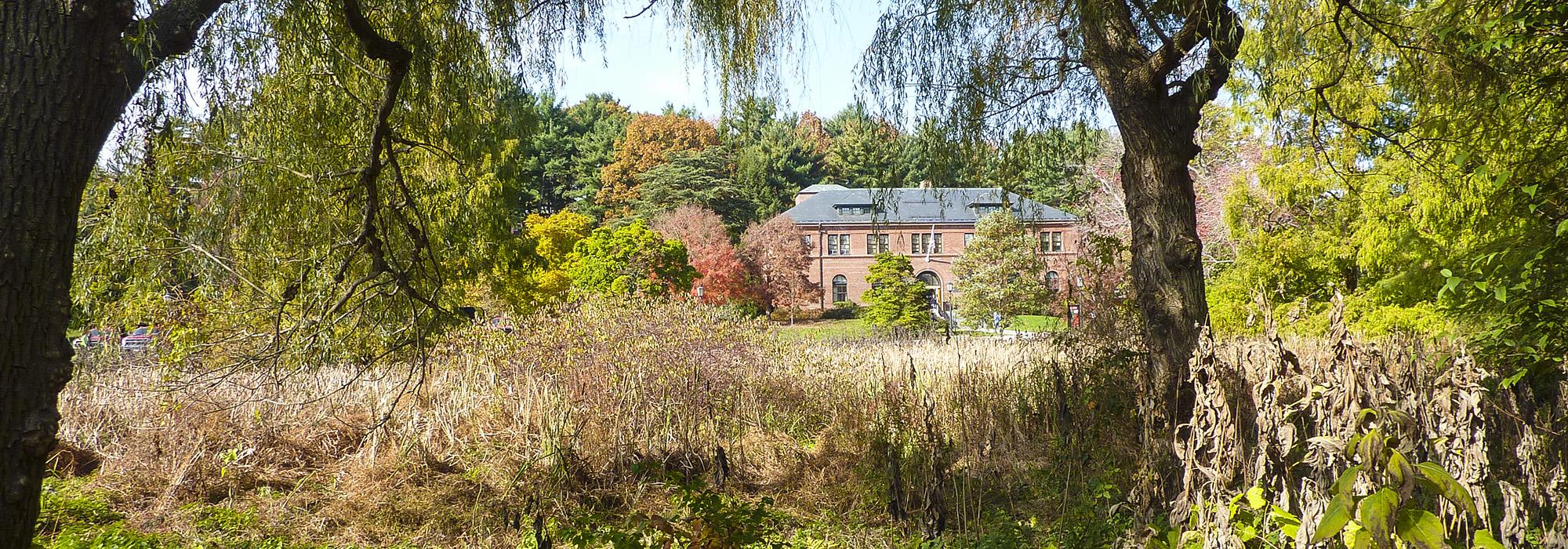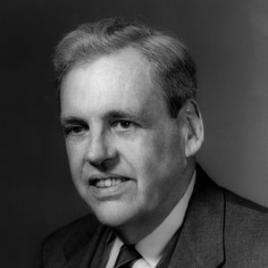Pioneer Information
Born in Cambridge, Massachusetts, Eliot was the grandson of his namesake Charles William Eliot, president of Harvard University, and nephew of renowned landscape architect Charles Eliot. Eliot graduated with a B.A. in 1920 and Master of Landscape Architecture in 1923 from Harvard University. Following his education, he spent a year touring Europe and acquiring knowledge in urban planning, landscape design, and historic preservation, which informed his later work.
Eliot spent a significant phase of his career in Washington, D.C., first as director of the National Capital Park and Planning Commission, where he was involved in the development of the National Mall, and later as Director of the National Resources Planning Board, through which he dealt with nationwide planning issues over the course of a decade. Throughout his life, Eliot worked on many projects spanning the nation, from California to Maine. In 1954 he returned to Cambridge, joining the faculty of Harvard’s Graduate School of Design. While in Boston, he conceived and began the process of establishing the Bay Circuit Beltway, a green belt of parkland encircling the Boston area, praised today as one of his great contributions to urban planning.
Eliot's profound influence was also realized through his involvement as Assistant Editor of the American City Planning Institute's monthly magazine, City Planning, Contributing Editor for Planning and Civic Comment (1935-1943), and roles on the Editorial Board of the Journal of the American Institute of Planners (1955-1958), and the Publication Board of Landscape Architecture (1956-1959). Eliot was a Fellow of the American Society of Landscape Architects (ASLA), and in 1982, was awarded the ASLA Medal, the organization's highest honor. He died in Cambridge, Massachusetts, at the age of 93.




